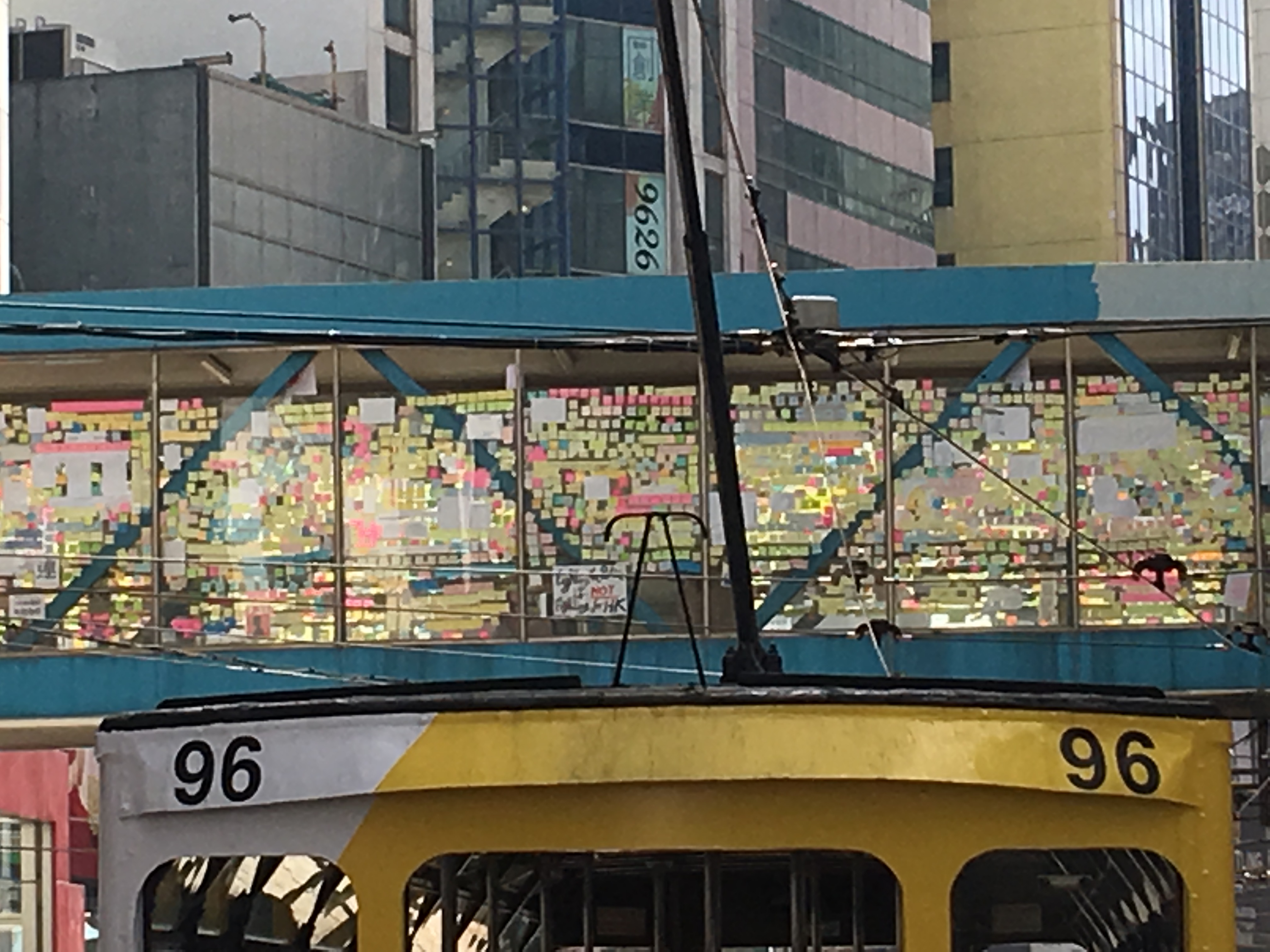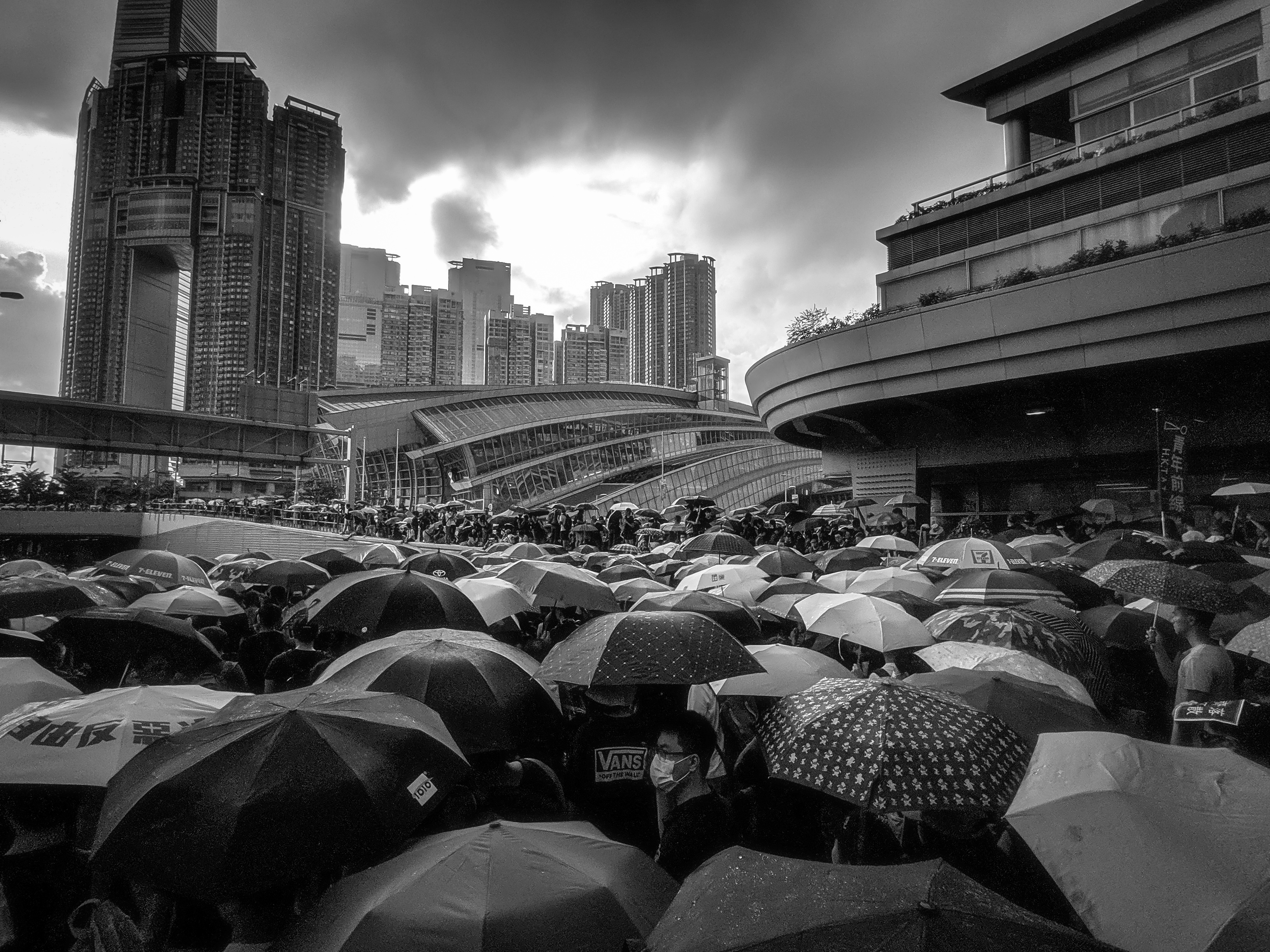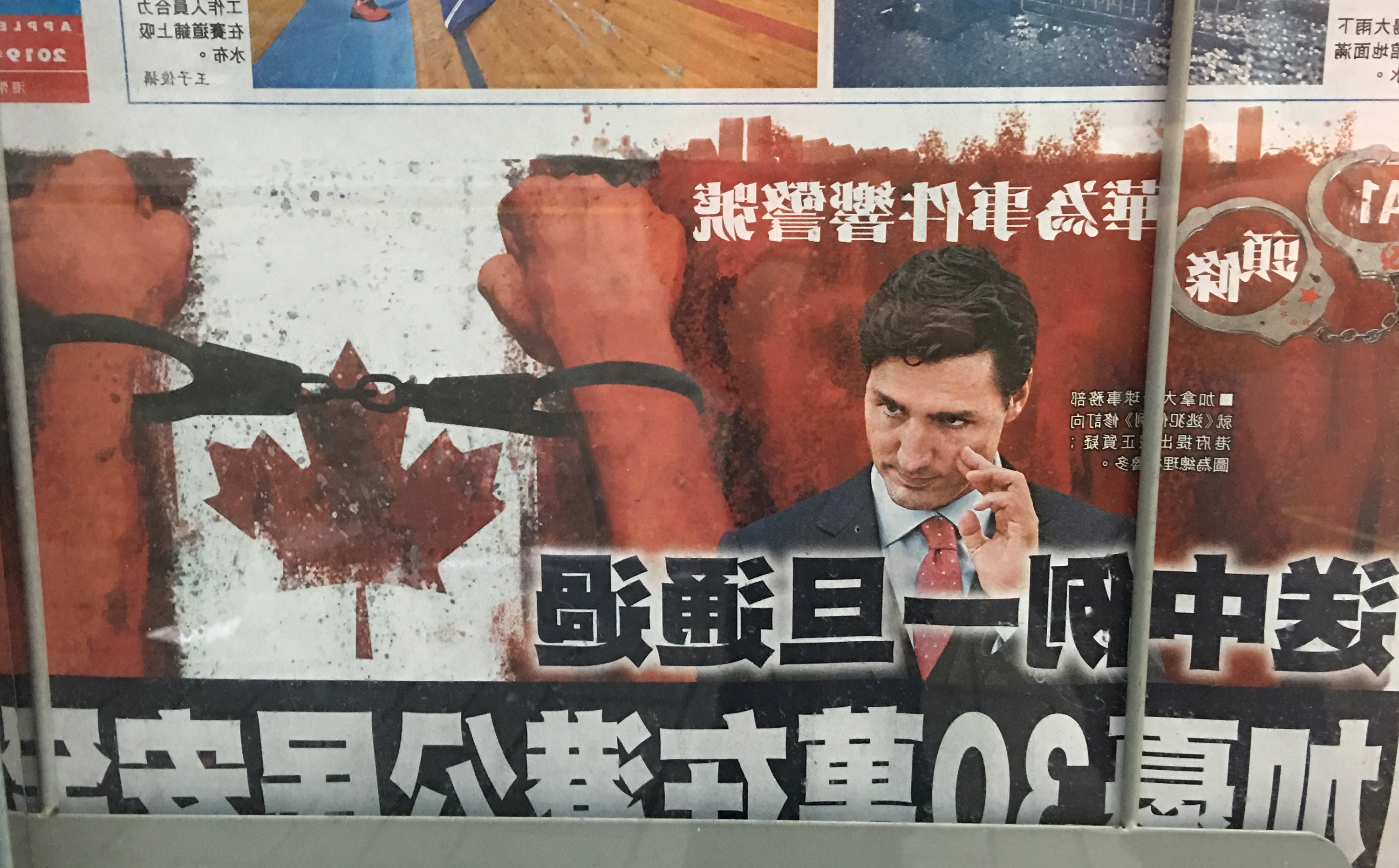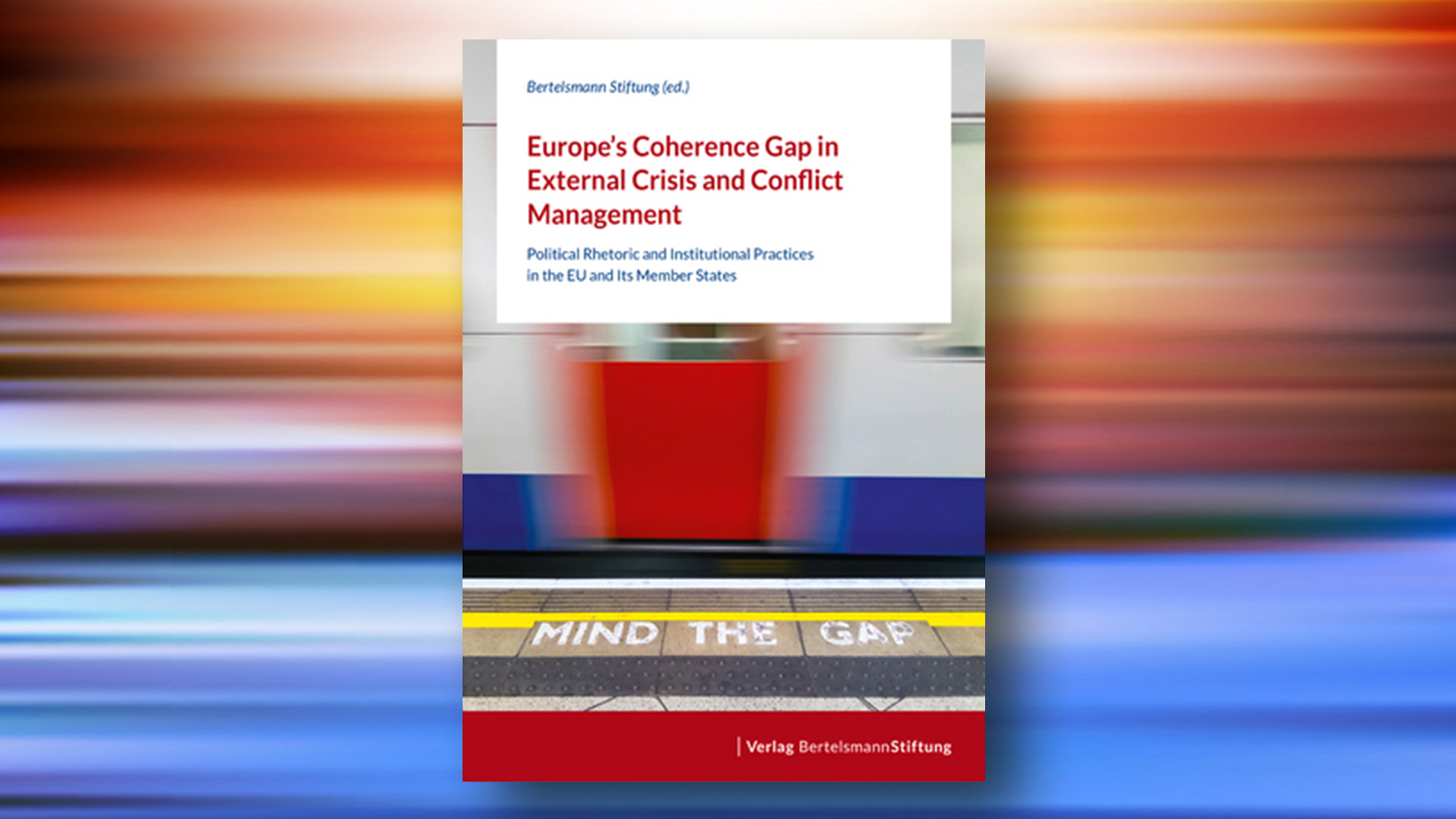Europe’s Coherence Gap in External Crisis and Conflict Management – Political Rhetoric and Institutional Practices in the EU and its Member States is a Bertelsmann Stiftung supported EU-wide research on the whole-of-government approaches to foreign, development and security policies.
globalfocus

By Iulia Lumina| Singapore & Ross Cheung| Hong Kong
The recent mobilisations for political democratisation in Taiwan and Hong Kong reflect a historical opening for decolonisation in East Asia. The 2014 Sunflower and Umbrella movements have prompted a re-evaluation of Taiwanese and Hong Kong identities. Firstly, the negotiation of democratic liberties addresses the enduring colonial and Cold War legacies which define their postcolonial political and economic structures. Secondly, the ‘China factor’ has prompted a reflexive civic consciousness that is revisiting the historical relationship with mainland China and the current opposition to its influence.

By Dana Trif| Cluj Napoca & Ho Ming-sho| Taipei
Five years have passed since the 2014 Umbrella Movement and the ‘Occupy Central with Love and Peace’ civil disobedience campaigns that brought tens of thousands onto the streets of Hong Kong. Back in 2014, the protesters’ demands were focused on genuine universal suffrage for the election of the Special Administrative Region’s (HKSAR) Chief Executive (CE) and of the members of the Legislative Council, Hong Kong’s Parliament.

By Alexandru Bălășescu | Hong Kong
On 20 April, barely a week into settling in Hong Kong, my attention was captured by the front page of a local newspaper, featuring a photo-collage with a handcuffed wrist and Trudeau on the background of the Chinese and Canadian flags (see photo). But without understanding the writing, the meaning was anybody’s guess.
Mine was that it was related to the arrest of Mrs. Meng, the CFO of Huawei in Canada (because I was coming from Vancouver, where I had spent the prior 5 years). I sent the picture back to my friends in Canada, and one of the answers was: “It’s funny to see Trudeau as bad boy.” I also asked for a translation, and it seemed that the intention was to portray Trudeau rather as a sad boy, caught in the possible conundrum that the now-infamous Hong Kong extradition bill would generate.

By Veronica Anghel | Bologna
In assessing the state of liberal democracy in contemporary Europe, significant scholarly and public attention has been paid to the role of leaders. Post-Communist countries in particular are often the focus of scholars who announce a ‘democratic backsliding’ engineered by populist ‘strongmen’. This article suggests that in consolidating EU democracies, such attention is disproportionate in reference to the actual de-democratising effect of the emerging ‘strongmen’. It draws attention to the systemic conditions that allow such leaders to surface, and focuses on state capture (the extraction of private benefits from the state by incumbent officeholders) as a joint-venture practice that precedes and outlives individual political lives and acts as a brake on further democratisation.

By Barry Gaberman, Merrill Sovner, and William Moody| New York
The 1990s ushered in an era of widespread governmental support for liberal democracy and an opportunity to build civil society in countries where there had long been a dearth of public space separate from government control. There was optimism bordering on euphoria, and a general belief that liberal democracy was the model of the future. This was an environment in which outside funders saw an opportunity to have an impact and were willing to seize that opportunity, even though their expertise in the region might have been modest in the beginning.

